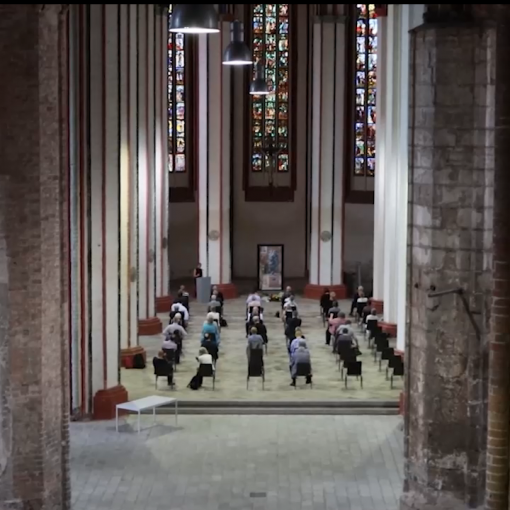What are the synergies and differences in usage of various interviewing techniques in history and across social sciences? How will oral history and biographic interviewing fit in the Unlikely Refuge? project? What ethical aspects need to be considered? These and other questions were under discussion during the project January meeting. As a background to the discussion, however, we firstly looked at the differences in epistemological positioning of social sciences along the positivism-interpretivism continuum, as well as the ensuing research methods choices, aspects of research design, dilemmas of gaining access to the field, ways of analyzing evidence (to be continued in another session), and theory- and concept-formation.
For the purposes of the Unlikely Refuge? project, two interviewing techniques were brought to the fore within the context of existing case studies in social sciences: a semi-structured interview and a biographic interview used as part of the biographic narrative interpretive method. While a semi-structured interview is shorter in duration and is guided by a predefined set of thematic areas, it is typically used by researchers who seek to either confirm or disprove an existing hypothesis or simply find out more about a given topic. Biographic interviewing, on the other hand, gives more space to the interviewee in representing their lived experience. Typically, only one or two opening questions are asked. The researcher’s role is then to actively listen, and, in the analysis stage, to engage with meanings and patterns as they emerge in the narrative. Admittedly, the latter also appears closer to interviewing techniques used in oral history, recently adopted by more interpretively minded social scientists.[1]
The readings assigned for this session then brought up an interesting discussion about some of the burning dilemmas of giving voice, empathy, and protection of one’s interviewees in sensitive research settings. This was all the more relevant for the upcoming project plans, as interviews conducted in 2021 will involve refugees and humanitarians with a similar background.
[1] Yanow, Dvora and Schwartz-Shea, Peregrine (2015): Interpretation and Method. Empirical Research Methods and the Interpretive Turn. New York: Routledge.
Readings:


